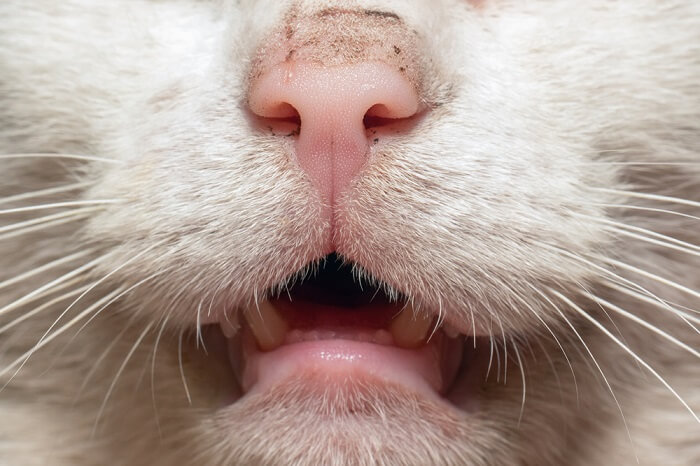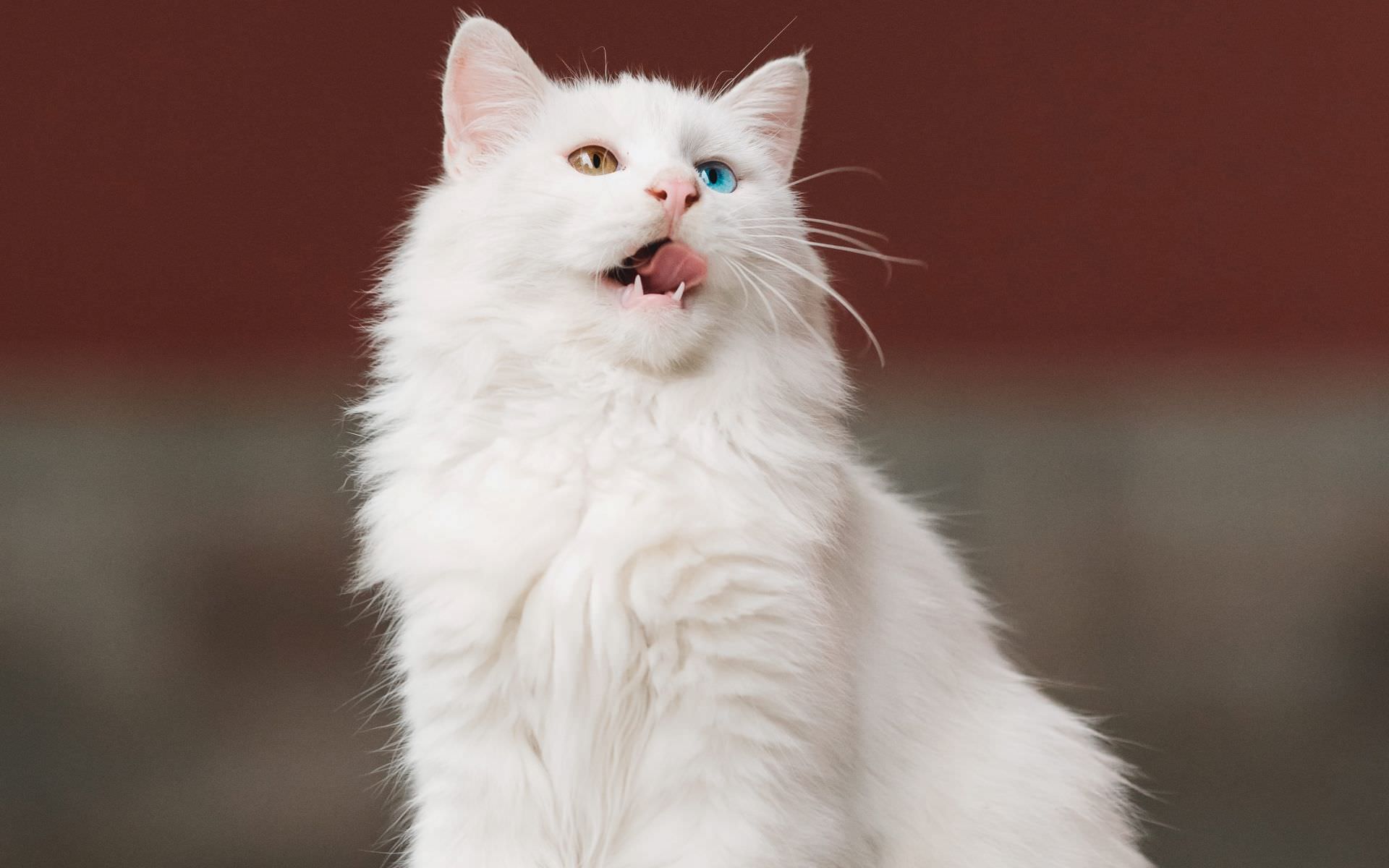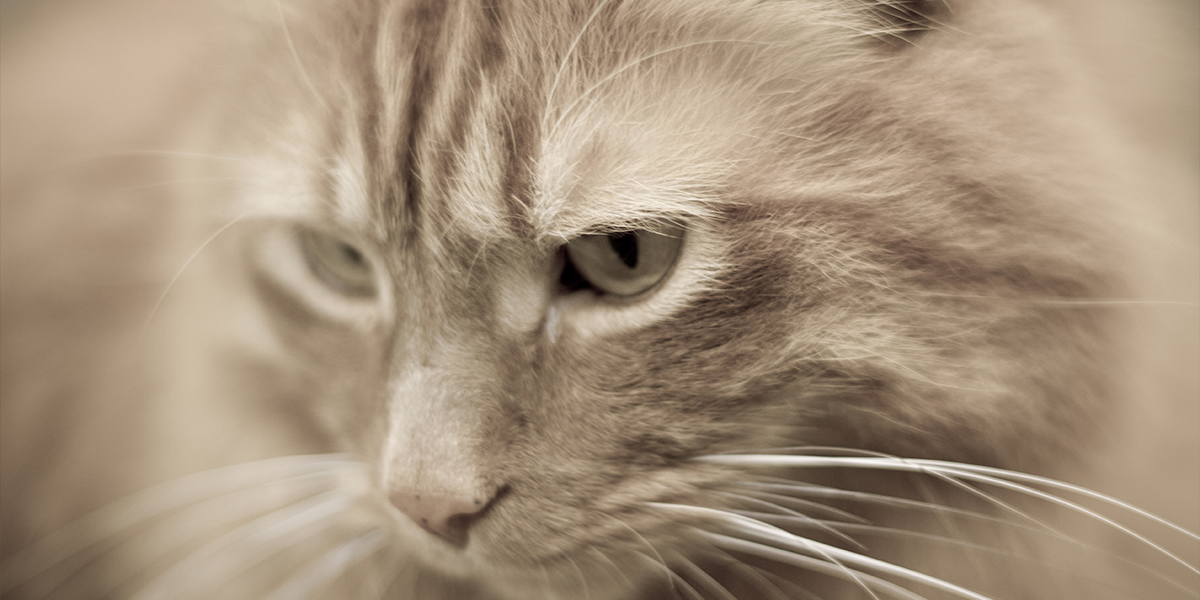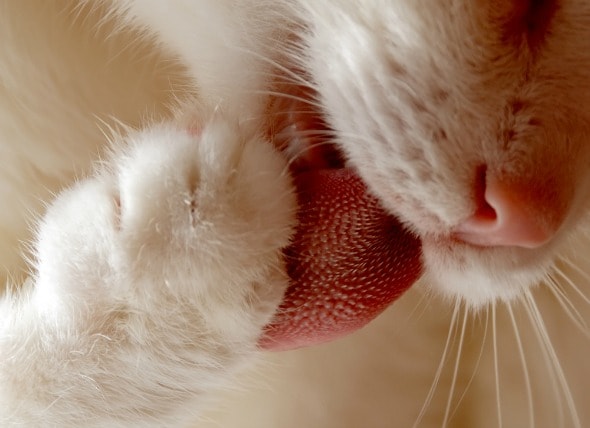oral bone cancer in cats
Cats can live for many years after a cancer diagnosis. The two most common types of oral cancers that occur in cats include squamous cell carcinomas and fibrosarcomas.

Mouth Cancer Gingiva Squamous Cell Carcinoma In Cats Petmd
Osteosarcoma is most commonly found in the legs especially the hind legs.

. Osteosarcoma is a malignant tumor of the bone. My cat Momo is 9 years old and has a tumor on his jaw. Symptoms of Bone Cancer in Cats.
Chondrosarcomas are malignant cancerous tumors of the cartilage the connective tissue between bones. It is the most common oral cancer in cats. Oral cancer is very dangerous as it can often penetrate to the bone and not only cause massive destruction there but also spread from the bone to other parts of the body.
Oral Chondrosarcoma in Cats. Cats with osteosarcoma of the jaw a form of axial osteosarcoma may have swelling of the jaw difficulty opening the mouth excessive salivation and may be reluctant to eat due to pain. Mouth cancer is cats is commonly caused by the oral malignancy known as squamous cell carcinoma.
Ad Help your pet cope with symptoms like nausea loss of appetite and energy. Common symptoms of bone cancer include. Other cancers include lymphoma and malignant melanoma.
Difficulty eating or weight loss. Acute lameness may be due to a bone fracture. A cats mouth similar to our own is made up of several different cell types.
But over 95 of all primary bone cancers found in cats are Osteosarcomas a type of cancer that affects the cells that create and break down the bones. Usually this involves pain control methods that manage the discomfort and make the situation less grueling for your cat. Oral bone tumors osteosarcoma in cats and dogs.
This article will refer to SCC as it is the most common type of oral cancer in cats. The most common oral tumor seen in cats is squamous cell carcinoma. There are several different types of tumors that can develop in the mouth of a cat.
McEntee in view of the fact that cats groom themselves and. Other types of tumors include. These tumors typically affect a bone in the limbs such as the shoulder stifle or knee but occasionally these tumors can affect bones in the skull.
1 It accounts for about 90 of oral tumors in felines. An aggressive form of oral cancer in cats oral squamous cell carcinoma or SCC is an extremely invasive tumor that attacks the jaw bone. And there should be two goals in mind.
It also includes lips the hard and soft palate roof of the mouth upper and lower jaw cheeks tongue and the floor of the mouth. The second most common is fibrosarcoma. Oral bone cancer in cats.
Oral squamous cell carcinoma is cancer of the lining of the oral cavity including the gingiva gums tongue palate and tonsils. Bone cancer causes an abnormal swelling to develop in the affected part of the skeleton. Unexplained loss of teeth.
They are often mistaken for benign non-spreading tumors because of their slow spread and lack of symptoms. The most common type of oral cancer is squamous cell carcinoma. Oral squamous cell carcinoma is cancer of the lining of the oral cavity including the gingiva gums tongue palate and tonsils.
The physical swelling of the cancer causes mechanical. The second most common is fibrosarcoma. An oral tumor is an abnormal growth of cells.
All of which can become cancerous eg skin cells bone cells fibrous cells. Cancer in cats occurs in different areas of the body and may include certain organs lymph nodes and bones. After many visits it was discovered that the lump was actually some sort of tumor but the vet wouldnt know exactly which kind without a biopsy.
Squamous cell carcinoma is an aggressive cancer in the cat and is often not diagnosed until the tumor is advanced. Squamous cell carcinoma is the most common oral tumor seen in cats. Both of these tumors are locally aggressive can grow to a large size very quickly ulcerate and cause considerable pain.
Bone cancer causes a number of signs of unwellness for two main reasons. In fact about 80 of feline oral tumours will be SCCs and these are what this article will focus on. In general bone cancer in cats is a rare cancer.
Oral tumorsboth non-cancerous and cancerouscan form in any part of your cats mouth. There are a few treatment options for cats with bone cancer. These represent about 70 of oral tumors in cats.
Mouth Cancer In Cats Causes Symptoms Treatment All About Cats. Although not scientifically confirmed it is widely believed that oral tumors may be caused by exposure to certain environmental carcinogensespecially tobacco smoke. Some tumors may grow slowly and do not typically spread called benign while others will act aggressively called malignant.
The symptoms of bone cancer in cats include physical swelling lameness an abnormal gait and general unwellness. Prednisolone Anti-inflammatory dosages can reduce the inflammatory cytokine release associated with cancer and make cats feel clinically better within 24-48 hours. The cancerous cells grow quickly in.
The rate of metastasis at the time of diagnosis is low. SCC is a particularly aggressive cancer rapidly growing and invading nearby tissues and bone. Intermittent lameness in any or all of the limbs that becomes more constant over 1-3 months.
Squamous cell carcinoma SCC is the most common oral malignancy in the cat arising from either the jaw bones or the tongue. Tumors are locally invasive and can extend into the bones of the upper or lower jaw. Loss of appetite and significant weight loss.
This is a reasonable theory notes Dr. Surgical removal is warranted although depending on the level of invasion it may be too difficult to remove a tumour that has already invaded the jaw bone or deeper tissues. But over 95 of all primary bone cancers found in cats are osteosarcomas a type of cancer that affects the cells that create and break down the bones.
All of which can become cancerous eg skin cells bone cells. First its important to make sure your cat is comfortable so the vet will want to treat any pain that your cat is experiencing. The whole episode started right around Christmas when he was showing signs of bad pain.
This cancer accounts for 60-70 of all oral cancers in cats. Because this cancer affects the mouth most pet parents notice changes in their cats eating habits as a sign of mouth cancer in cats. Oral masses in cats may be caused by inflammation infection or even trauma.
Osteosarcomas can also develop in the skull most commonly in the oral cavity pelvis ribs and vertebrae. Red or swollen gums and mouth. If an osteosarcoma develops elsewhere in the skull or vertebrae swelling and pain in the.
Hard obvious swelling over a long bone of a limb. Although there is no specific cause of mouth cancer in cats the following environmental and dietary factors may contribute to the growth of malignant tumors in the oral cavity. These tumors are characteristic for their slow but progressive invasion of the surrounding tissues.
He told me the treatment for a benign. Get NHVs most useful pet cancer supplements in one holistic pack. The next most frequent are fibrosarcomas.
Diagnosis may be performed through fine needle aspiration or biopsy. Ad 35 Off Your First Autoship Easy Refills. Perhaps one of the most unfortunate aspects of oral cancer is that the symptoms do not usually become visible until the cancer has progressed to an extremely.
Excessive or increased drooling. This type of cancer invades surrounding structures of the mouth including the mandible maxilla dental arcade tongue and other portions of the oral cavity. The cancer causes pain.
The prognosis of cat mouth cancer is based on circumstances on a case by case basis. Cats suffering from oral tumors often develop jaw cancer or cancer in the oral cavity. You can be on the lookout for these symptoms.
Not all of these tumors are cancerous. Other malignant oral tumours seen in cats can be classified as osteosarcomas tumours of the bone melanoma skin cancer and lymphoma cancer of the lymph node. Examples of pain management.
Pamidronate reduces proliferation of feline cancer cells in vitro and palliates cats with bone-invasive tumours including oral squamous cell carcinoma.

Learn About Oral Cancers In Cats Petcure Oncology

Nasal Discharge In A Cat Caused By Fractured Tooth Cat Dental Dental Services Dental Teeth

Mouth Cancer In Cats Causes Symptoms Treatment All About Cats

4 Types Of Cat Cancer And Their Common Symptoms

Bone Cancer In Cats Symptoms Diagnosis And Treatment Innovet Pet

Oral Squamous Cell Carcinoma In Cats

Oral Tumors Animal Dental Specialist

Palliative Management Of Cancer Pain In A Geriatric Cat Clinician S Brief

Cancer In Cats International Cat Care

Tongue Cancer Squamous Cell Carcinoma In Cats Petmd

The Pet Oncologist Vet Oncologist Online Oral Cancer In Cats

Mouth Cancer Melanocytic In Cats Petmd

Oral Squamous Cell Carcinoma In Cats An Overview Vet In Aurora The Animal Dental Clinic

Cancerous And Non Cancerous Growths In A Cat S Mouth Petmd

14 Best Cbd Oils For Cats With Cancer Discover Magazine

5 Common Pet Cancers And Their Warning Signs Vet In Austin Southwest Vet
Causes Signs And Treatment Of Mouth Cancer In Cats Homeoanimal Com
Bone Cancer In Cats Treatments Life Expectancy And Symptoms Homeoanimal Com
